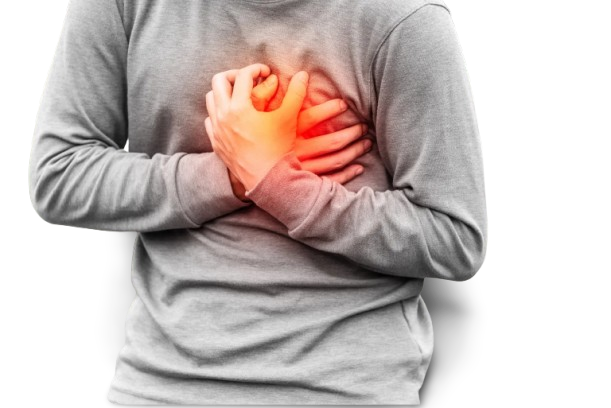Dizziness is a term used to describe a range of sensations, such as feeling faint, woozy, weak or unsteady. Dizziness that creates the false sense that you or your surroundings are spinning or moving is called vertigo (Mayo Clinic,2015).
OR
Dizziness is the feeling of being lightheaded, woozy, or unbalanced. It affects the sensory organs, specifically the eyes and ears, so it can sometimes cause fainting. Dizziness is not a disease, but rather a symptom of various disorders (Krucik, 2015).
What causes dizziness?
- Low Blood Sugar (Hypoglycemia)
- Labyrinthitis
- Hypotension
- High blood pressure
- Meniere's Disease (Meniere's disease is a disorder that affects the inner ear)
- Abnormal Heart Rhythms
- Heart Attack
- Stroke
- Bleeding
- Hyperventilation
- Dehydration
- Heat Emergencies
- Beriberi (Beriberi is a disease caused by a vitamin B1 (thiamine) deficiency).
- Hypovolemic Shock
- Middle Ear Infection
- Vertebrobasilar Circulatory Disorders
- Cold & Flu
- Benign Positional Vertigo
References:
- http://www.mayoclinic.org/diseases-conditions/dizziness/basics/definition/con-20023004
- http://www.healthline.com/symptom/dizziness
- http://www.webmd.com/first-aid/understanding-dizziness-basics
- http://www.emedicinehealth.com/dizziness/page2_em.htm




























